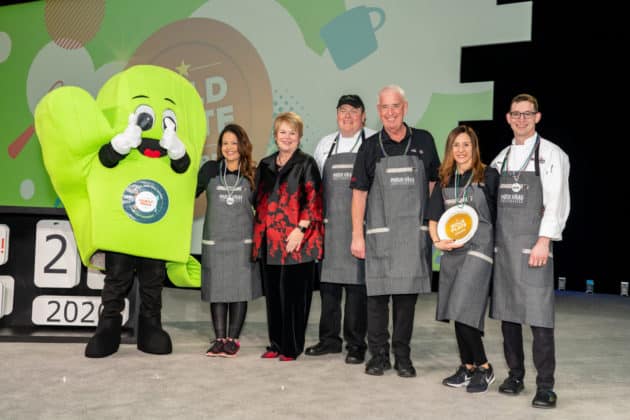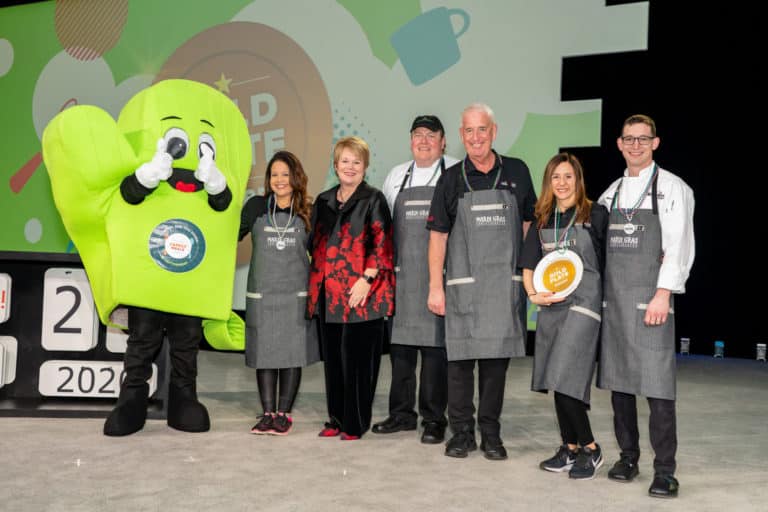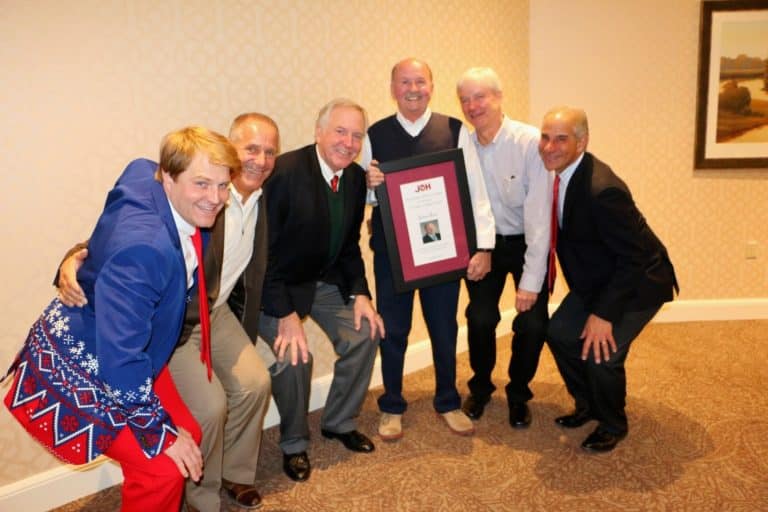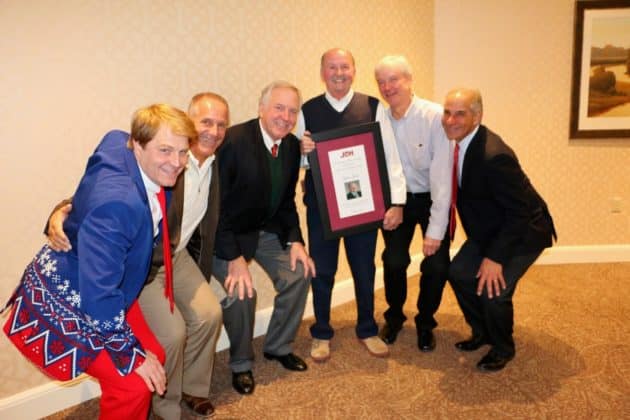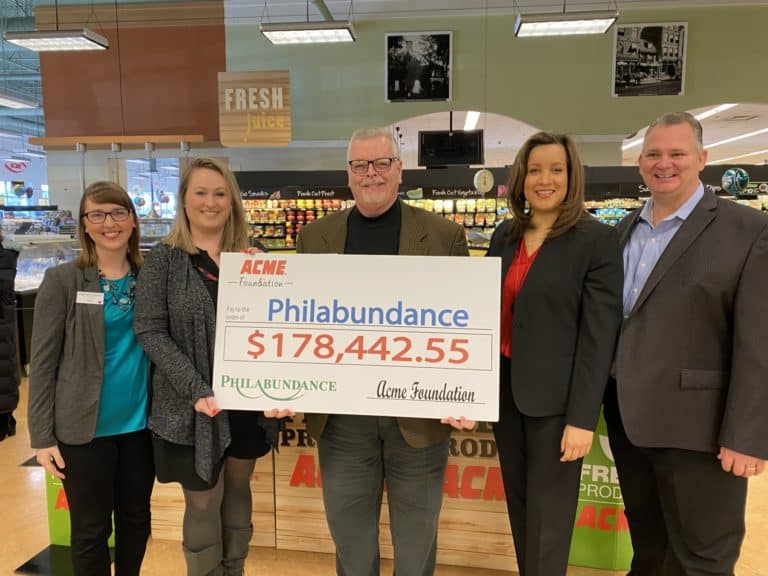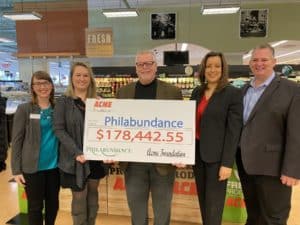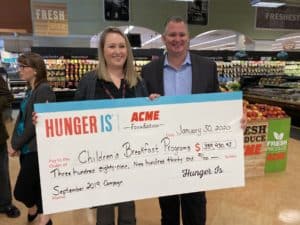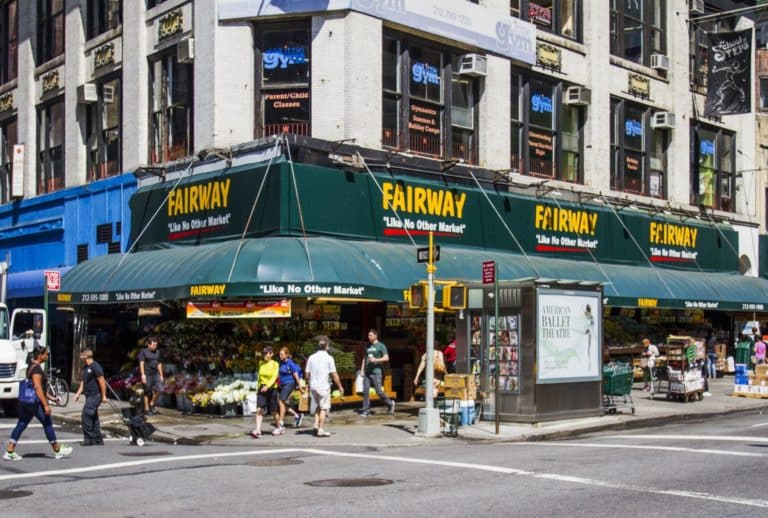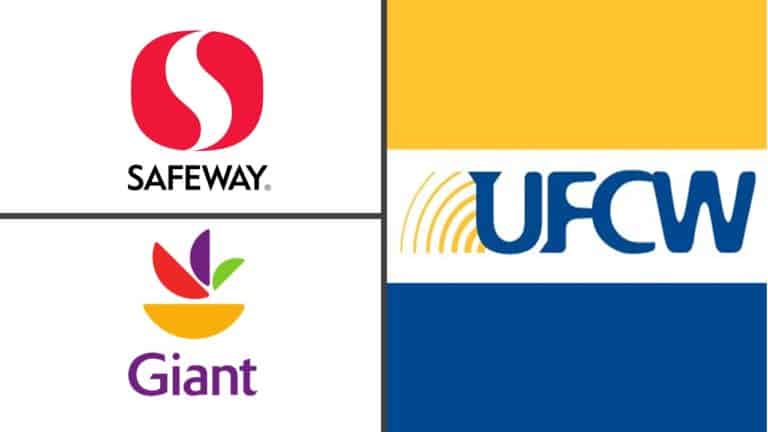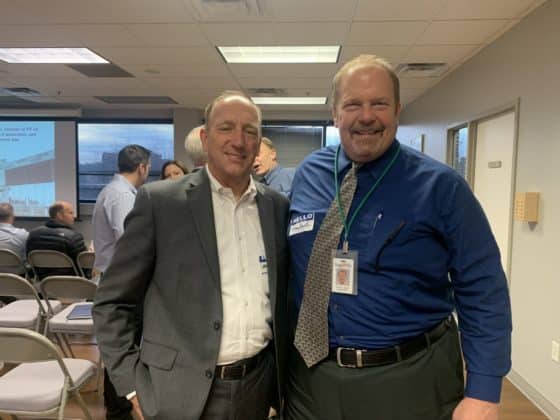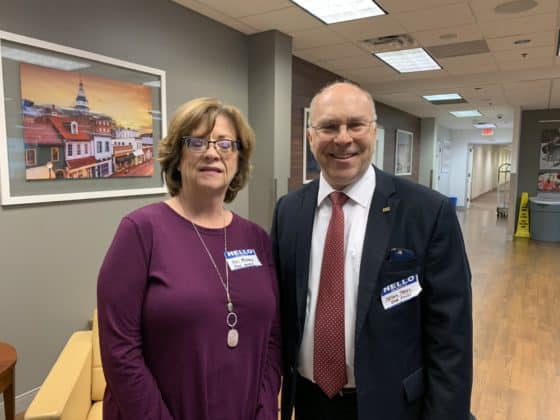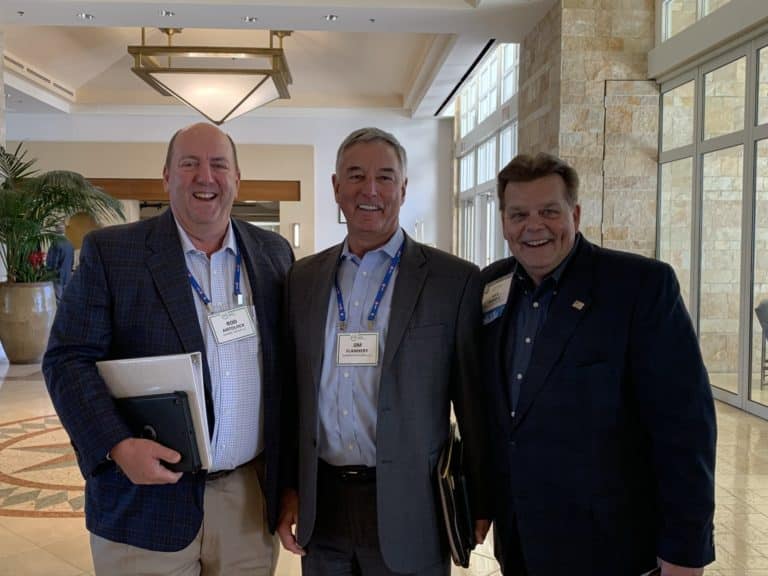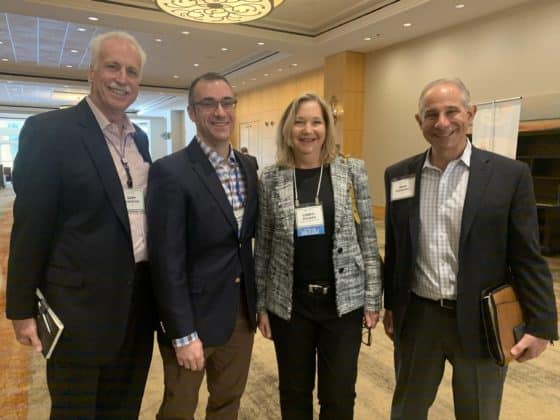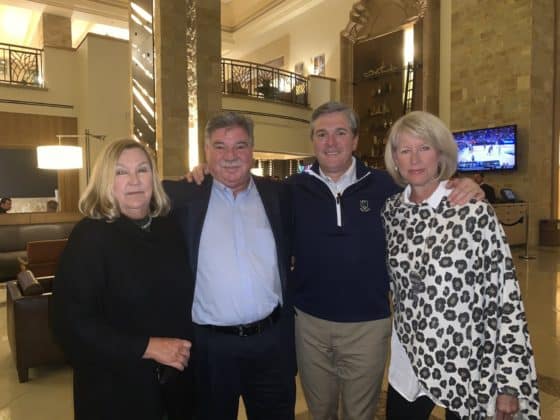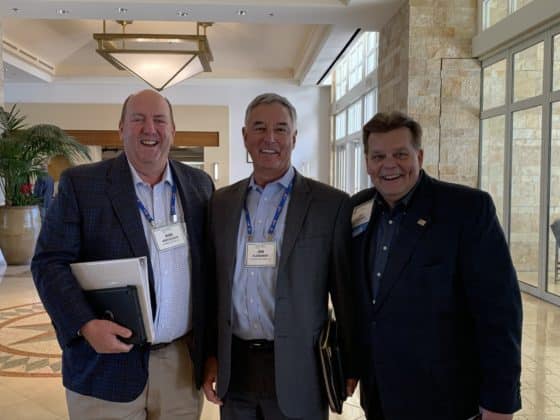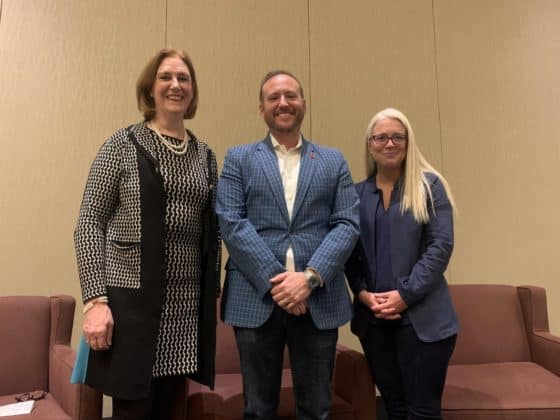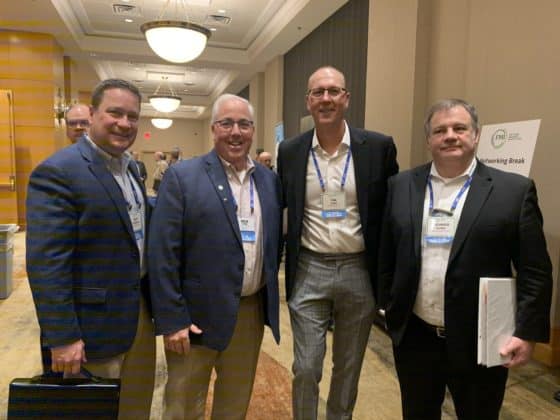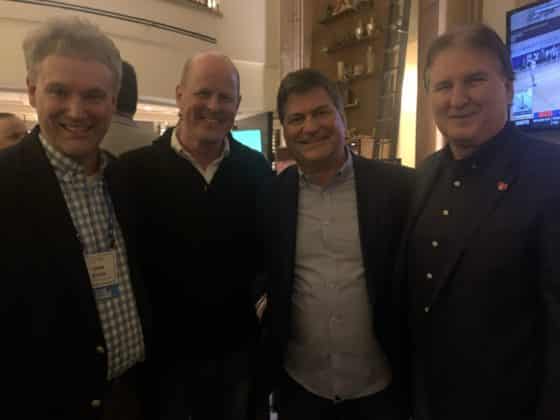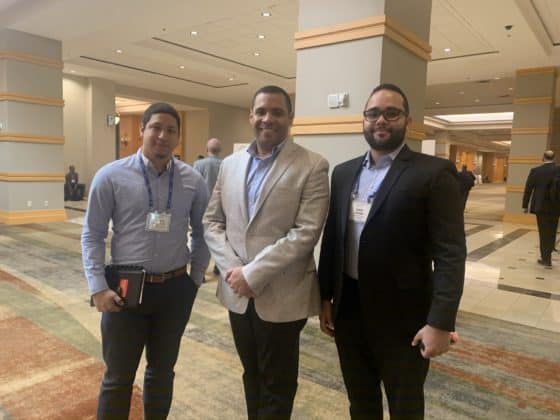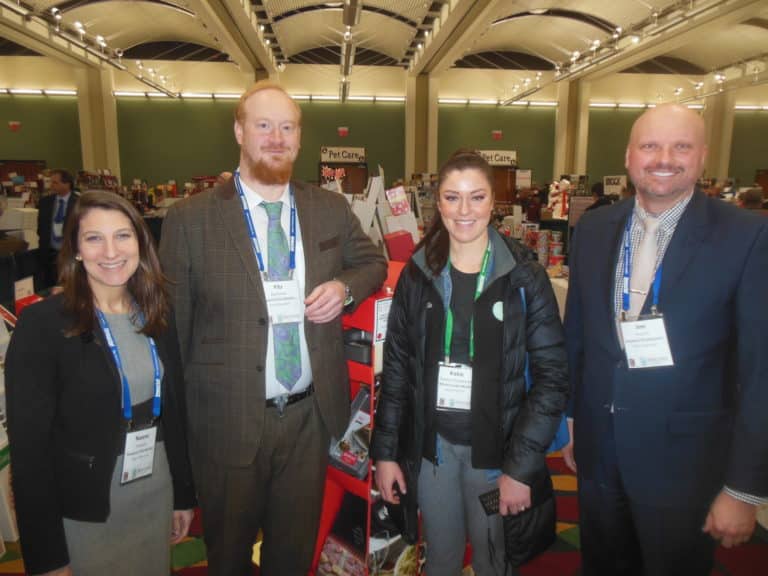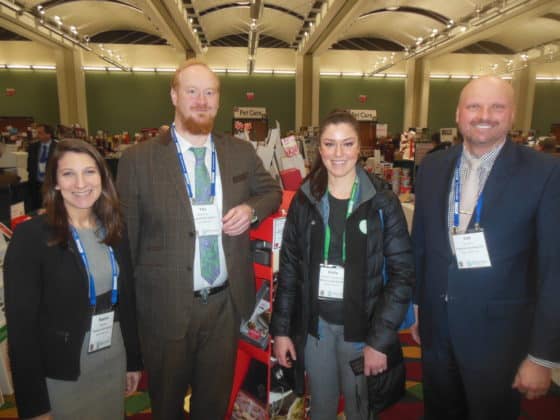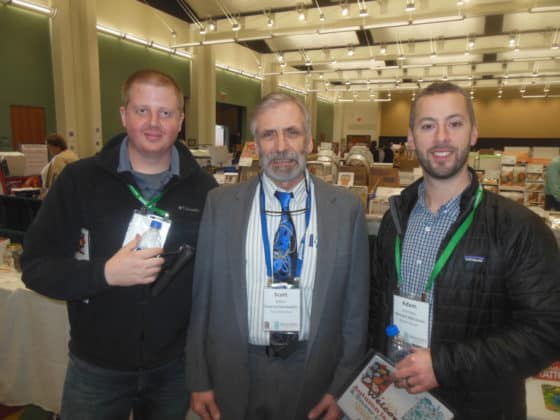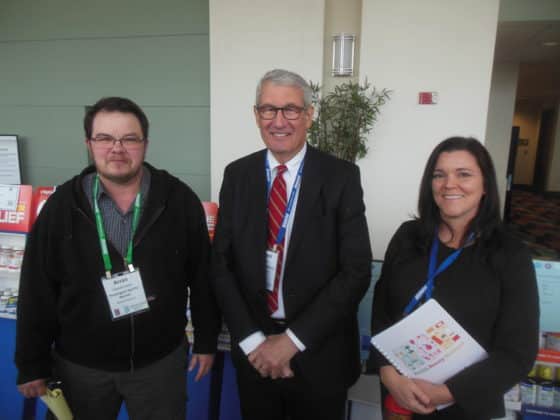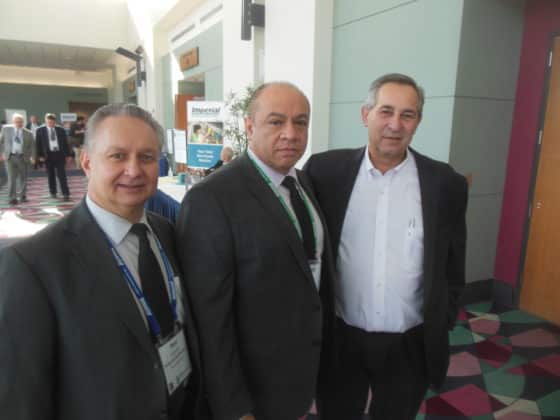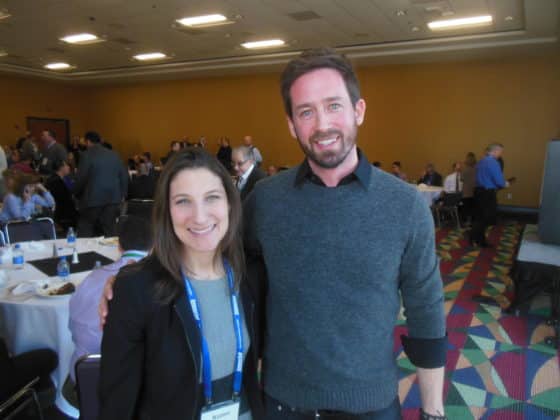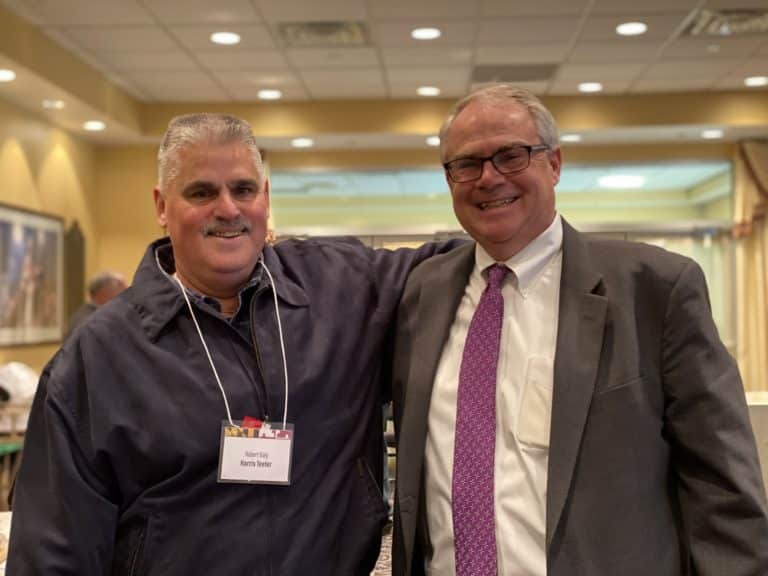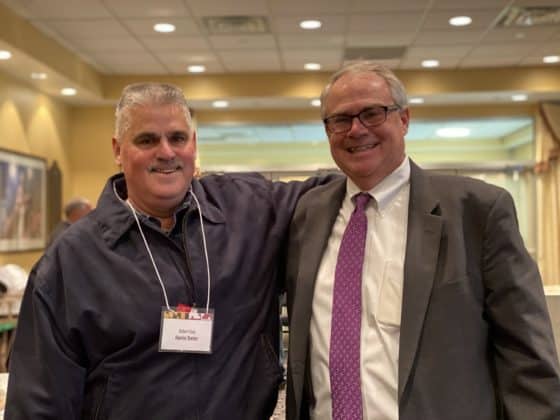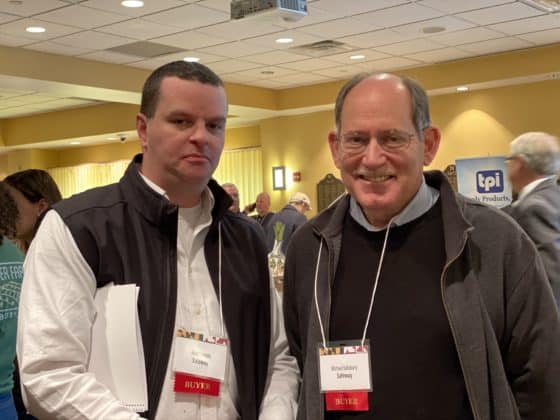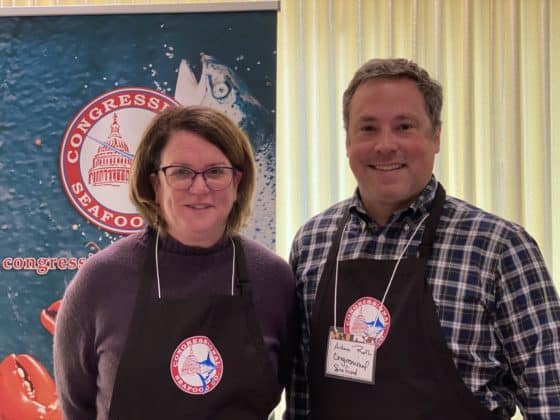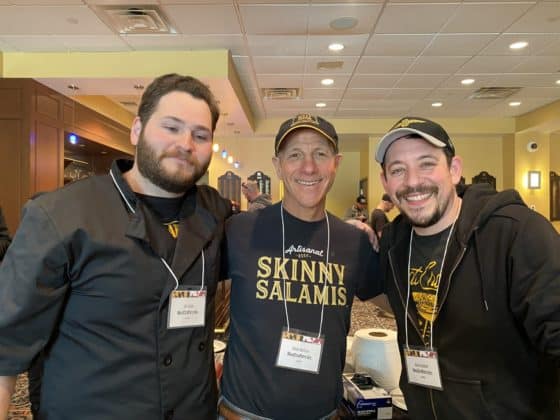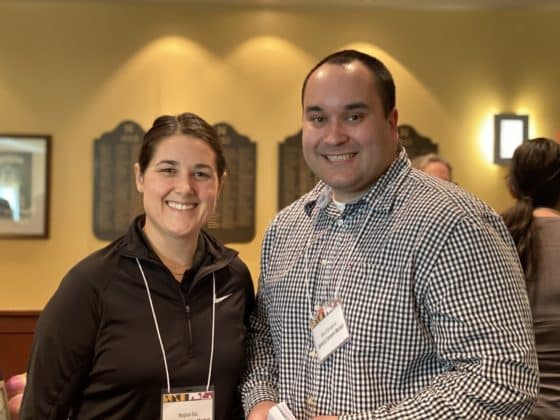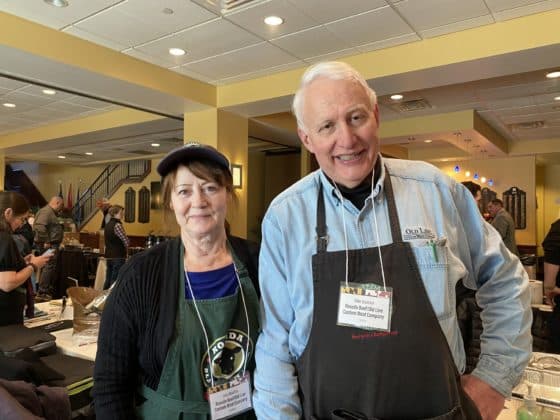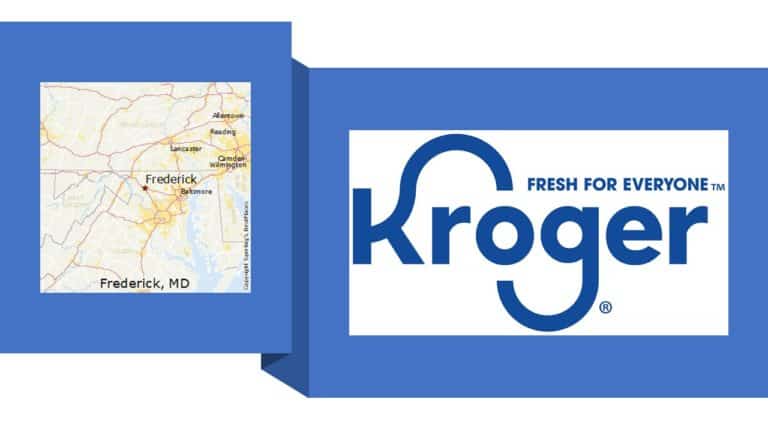For the second time in four years, Fairway Group Holdings (Fairway Market) has filed for Chapter 11 bankruptcy protection in the Southern District of New York Bankruptcy Court. This time it appears that the 14-store Manhattan-based foodie merchant which bills itself as “Like No Other Market,” will end up like many other failing supermarkets as it seeks a sale of its entire operation.
Fairway, founded in 1933 by the Glickberg family, had been seeking a sale of its entire company since September when primary private equity firm owners, Brigade Capital (33.6 percent equity); Goldman Sachs Specialty Situations Group (29.9 percent equity); and FS KKR Capital Corp. (22.1 percent equity) decided that they could not find a path to continue operations.
Part of that decision lied in the fact that Fairway had substantial labor and pension responsibilities, something that it inherited from the previous majority owners, Sterling Investment Partners when it rescued the once-great merchant out of bankruptcy in 2016.
In its filing on January 23, the petition noted that Village Super Markets, the second largest member of Wakefern Food Corp., had successfully achieved “stalking horse” status for Fairway’s five Manhattan stores (Harlem, Upper West Side, Upper East Side, Chelsea and Kips Bay) and its new perishables distribution center (PDC) in the Bronx which opened in 2015, for $70 million. Village made its initial foray into Manhattan last year when it acquired three Gourmet Garage specialty stores. As the “stalking horse” for those five Manhattan units and its PDC, Village would enter the bankruptcy auction process with lead bidder status
The petition also noted that although the Village offer would be free and clear of existing labor and pension liabilities, it would be obligated to negotiate with Fairway’s labor unions. Village’s current 30 ShopRite stores in New York, New Jersey, Pennsylvania and Maryland are already organized.
No successful bidders were named for Fairway’s other nine units including three in the City of New York – two in Brooklyn, and one in Douglaston, Queens. Other units are located in Stamford, CT; Plainview, NY; Westbury, NY; Pelham Manor, NY; Paramus, NJ; and Woodland Park, NJ. The retailer also operates four free standing liquor stores. Fairway closed an underperforming store in Nanuet, NY in September. In general, the struggle of the company’s suburban locations, an expansion strategy accelerated by Sterling Investment Partners, has been a key reason for Fairway’s failure over the past seven years.
In its filing, Fairway has proposed a series of auctions to determine the final outcomes of its stores beginning on March 13 and continuing into early April. The filing said it hopes the entire process can be completed by May 27.
In the meantime, all 14 stores remain open because Fairway received $25 million in Debtor-In-Possession (DIP) financing to temporarily continue operations.
“We would like to extend gratitude to our employees, vendors, distributors and customers for their support, dedication and loyalty over the years. It has always been Fairway’s priority to ensure our patrons are provided with the most optimal grocery experience, with the freshest foods and best-quality products, and our employees feel appreciated. After careful consideration of all alternatives, we have concluded that a court-supervised sale process is the best way to meet our objectives of preserving as many jobs as possible, maximizing value for our stakeholders, and positioning Fairway for long-term success under new ownership,” said Abel Porter, Fairway CEO in a statement.
“The scale advantages that extremely large grocers such as Amazon, Walmart, Target, Costco, BJ’s, Stop & Shop, CVS, Walgreens, Aldi, Lidl, Dollar General and Dollar Tree have over regional grocers like Fairway cannot be overstated,” Porter added. “These larger grocers all have investment grade credit ratings, which makes their cost of capital meaningfully lower and affords them extraordinary capacity to invest in lower prices, higher wages, more advertising, more effective modern technology and further growth, all of which enhance the probability a consumer will become and remain their customers.”
Not only do many of Fairway’s competitors enjoy greater financial leverage, they also enjoy freedom from union contracts and existing pension funds. Approximately 80 percent of the company’s 3,000 associates are organized. Many of those workers belong to UFCW 1500 based in Westbury, NY.
However, in the bankruptcy filing, it was clear what the root was of Fairway’s real problem – its balance sheet. The specialty retailer lost $68.8 million on revenue of $643.3 million over the 52 weeks ending December. 1. While gross profit on sales was $227 million and EBITDA was $23 million, its operating expense, including interest and cost of promotions, created the substantial loss. Additionally, comp store sales declined by approximately 5 percent in the 52 weeks ending January 12.
